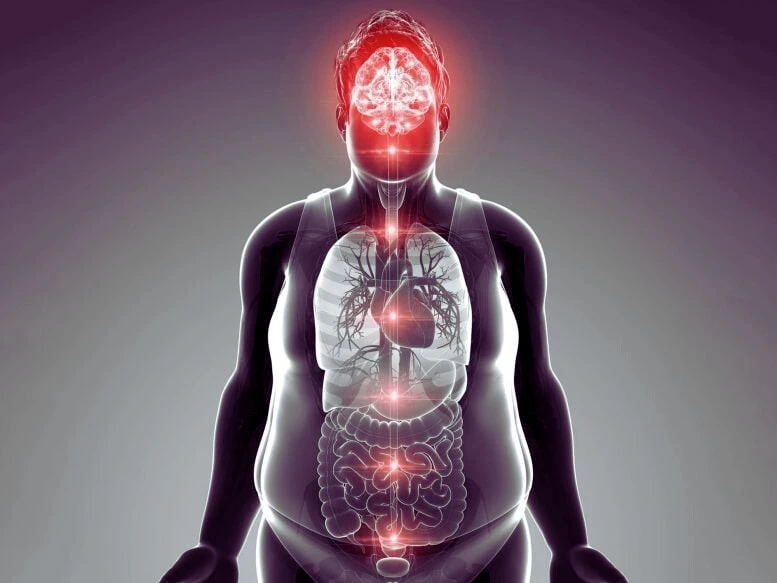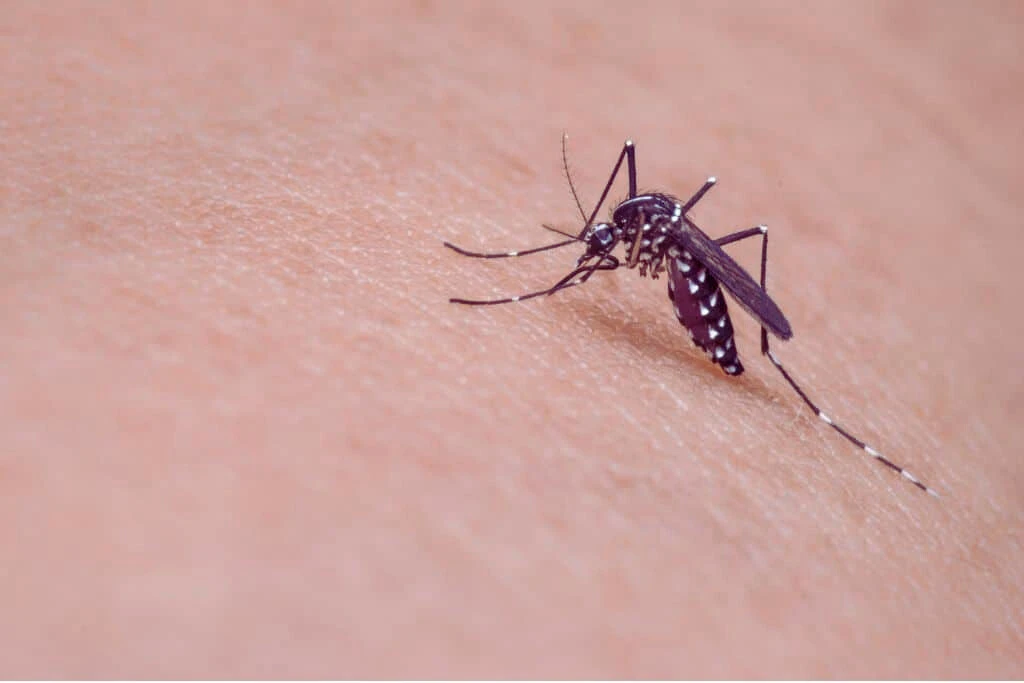Orlando: A new study in mice has revealed that a high-fat diet may not only cause obesity but also trigger anxiety-like behaviors, offering fresh insight into how diet can influence mental health through changes in brain function and gut bacteria.
Presented at NUTRITION 2025, the findings shed light on the growing connection between obesity and anxiety, particularly among younger populations.
Researchers followed 32 young male mice from adolescence to early adulthood, dividing them into two groups: one on a low-fat diet and the other on a high-fat one. By the end of the study, mice fed high-fat foods gained significantly more weight and exhibited signs of anxiety, such as freezing in stressful situations. These mice also showed disrupted brain signals in the hypothalamus, a region critical to regulating mood and metabolism.
The study also found notable differences in gut bacteria between obese and lean mice, suggesting the gut-brain axis may play a key role in emotional health. “Our findings suggest that obesity can lead to anxiety-like behavior, possibly due to changes in both brain function and gut health,” said lead researcher Dr. Desiree Wanders, a nutrition professor at Georgia State University.
Although the study was conducted on animals, it provides clues that could be relevant for humans. Wanders emphasized that while diet plays a significant role, other factors like genetics, lifestyle, and socioeconomic conditions influence mental and physical health outcomes. She said further research is needed to understand if the effects of weight loss or dietary changes are reversible.
Future studies will explore the underlying mechanisms more deeply, including how these effects differ by sex and age. The team also hopes to determine whether improving gut health can reduce anxiety symptoms in obese individuals.








